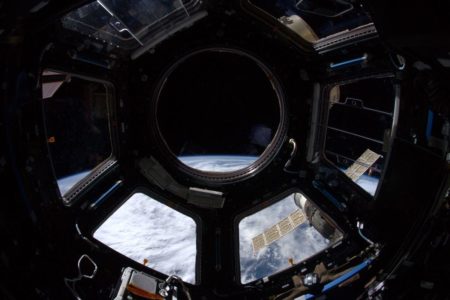Bacteria grow everywhere, including inside the International Space Station. That is why ESA has selected the Luxembourg Institute of Science and Technology (LIST) to develop antimicrobial surface treatments for the interior of spacecraft. The Luxembourg institute launched its 18-month research project dubbed “ESA NBactspace” with a view to ensuring the health and safety of astronauts during future missions. 
Bacterial pathogens are becoming resistant to antibiotics, while standard surface coatings designed to counteract growth rely on heavy metal particles, such as silver and copper – metals that can form a toxicity risk in the closed environment of a spacecraft. As we look to explore farther into our Solar System, it is important for mission designers to keep astronauts safe from microbial, algal and parasitic contamination as well as from nanoparticle toxicity.
LIST has been tasked with developing heavy-metal free antimicrobial coatings, that provide the same efficiency in space while using non-toxic biologically sourced materials, such molecules extracted from plants or lignin-based materials, or antimicrobial peptides found in bacteria.
Read more: https://space-agency.public.lu/en/news-media/news/2019/Luxembourg-cleans-space.html
Photo: ESA

